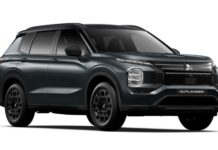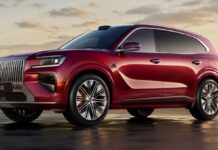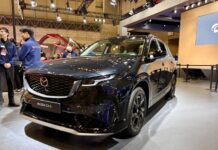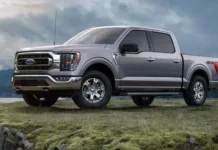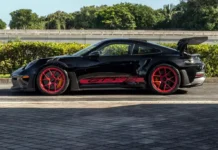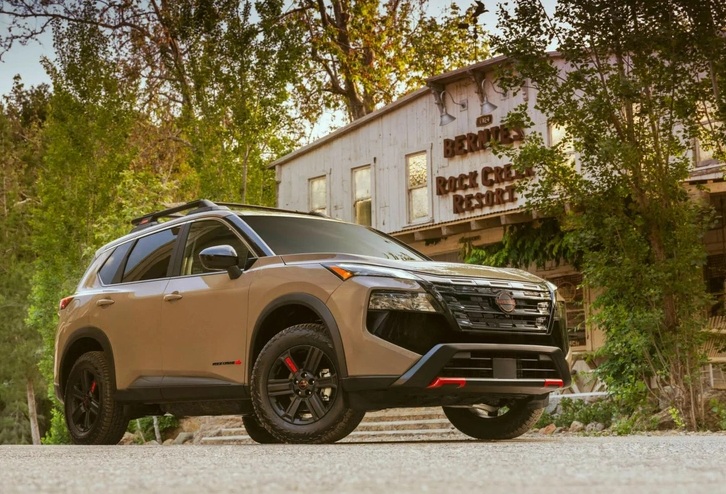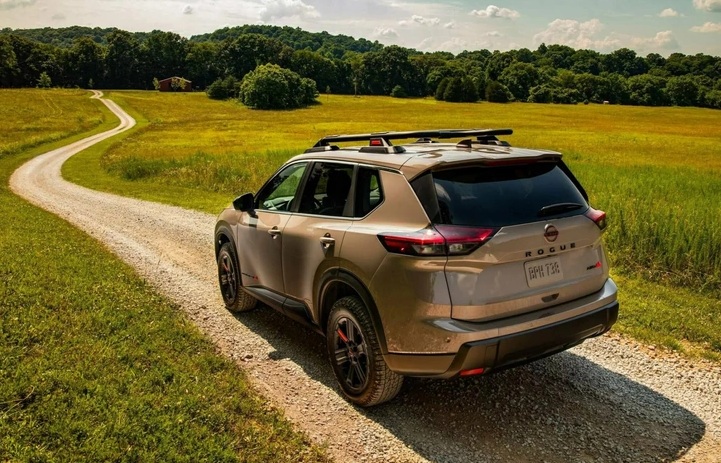According to reports, the next-generation Nissan X-Trail may be assembled predominantly in Japan to cut production costs. Currently, the Nissan X-Trail is primarily manufactured in the US and Japan.
Unfavorable foreign exchange rates have prompted Nissan to consider increasing production in Japan, which could reduce production costs by approximately 20% compared to continuing the same output in the US.
As per plans, the new Nissan X-Trail will be launched globally in 2027. It is expected to feature a plug-in hybrid (PHEV) variant, offering improved fuel efficiency over the current e-Power hybrid model.
The Nissan plant in the US will then focus on producing the standard version with an independent internal combustion engine, while the two hybrid variants may be exclusively manufactured in Japan to reduce costs.
Nissan’s decision to produce the X-Trail more in Japan could pave the way for the model’s re-entry into the Vietnamese market.
Currently, the Nissan X-Trail is also manufactured in China and Taiwan, but these markets use a different version, making it challenging to export to Vietnam.
The Nissan X-Trail is considered Nissan’s flagship SUV, once closely competing with the Honda CR-V and Toyota RAV4. Nissan’s scrapped merger with Honda has left the company in a challenging position, making the X-Trail a crucial factor in their strategy to “bounce back” and boost sales.
TH (Tuoitrethudo)
The Great Automotive Divide: Nissan Cuts 9,000 Jobs Post-Honda Merger Collapse
Nissan has embarked on a strategic path to reduce costs and boost operational efficiency. In the wake of the collapsed merger with Honda, Nissan is trimming its workforce while simultaneously seeking new partners. The Japanese automotive brand is determined to streamline its operations and forge ahead with renewed vigor.
Why Honda and Toyota Cars Always Hold Their Resale Value
In the used car market, Honda and Toyota models are perennial favorites due to their reliability and affordable pricing. But why do these brands command a higher price tag than their competitors in the pre-owned arena? CNBC recently delved into the reasons behind this phenomenon, shedding light on the enduring value proposition of Honda and Toyota vehicles.

